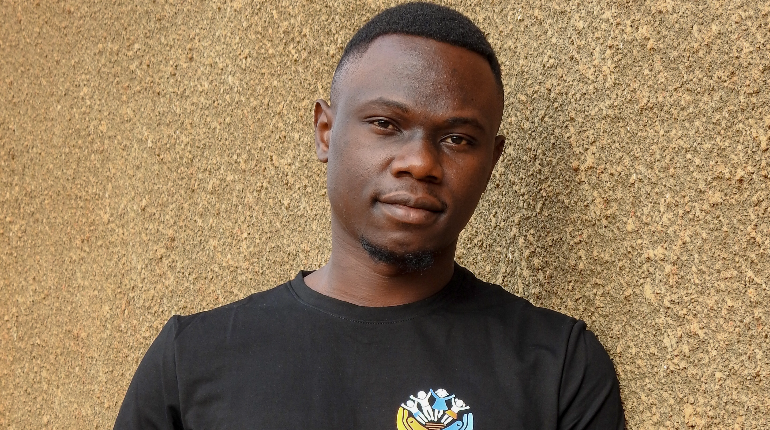Kampala Uganda
Become A Partner-
Become A Partner-
Kampala Uganda

15-07-2025
Childhood sexual violence is a pervasive issue that transcends borders and societal structures worldwide. In Uganda, the problem assumes a complex dimension involving non-biological parents, such as stepparents and guardians. This article delves into the intricacies of this problem, explores its root causes, impact, and discusses potential solutions to mitigate this harrowing issue. PREVALENCE AND NATURE In Uganda, a significant number of children live under the care of non-biological parents due to various reasons, including the loss of biological parents to diseases, conflicts, and socio-economic challenges. Unfortunately, this arrangement, while essential for the survival and well-being of orphans and vulnerable children, sometimes exposes them to the risk of exploitation and abuse. Data from the Uganda Bureau of Statistics and reports from child welfare organizations highlight that cases of sexual violence often go unreported due to stigma, fear, and lack of awareness, obscuring the true extent of the problem. The perpetrators, often stepparents or other relatives, exploit their positions of power and trust to commit these acts. ROOT CAUSES Several factors contribute to the prevalence of sexual violence by non-biological parents: 1. Socio-Economic Vulnerability: Poverty can lead to children being placed in the care of relatives or non-biological guardians who may not have the means or inclination to provide proper care. This economic pressure can lead to neglect and abuse. 2. Cultural Norms and Stigma: In some communities, discussing sexual violence is taboo, leading to underreporting. Victims often fear backlash and social ostracization if they speak out. 3. Lack of Effective Legal Frameworks: Although Uganda has laws intended to protect children from abuse, enforcement is often weak. The justice system may be inaccessible to many victims due to lack of resources or awareness. 4. Limited Education and Awareness: Lack of education about children's rights and sexual violence means that many children and guardians do not recognize abuse or know how to seek help. IMPACT The impact of sexual violence on children is profound and multifaceted. Victims often suffer from emotional and psychological trauma, which can lead to depression, anxiety, and even suicidal thoughts. The physical consequences might include injuries, sexually transmitted infections, and unintended pregnancies. Socially, affected children might experience stigma, isolation, and disrupted education, further perpetuating the cycle of poverty and vulnerability. POTENTIAL SOLUTIONS Addressing childhood sexual violence in Uganda requires a multi-faceted approach: 1. Strengthening Legal and Policy Frameworks: The government should ensure robust laws are in place and actively enforced to protect children from sexual violence. This includes creating a child-friendly legal process that encourages reporting and prosecutes offenders effectively. 2. Community Education and Awareness: Initiatives that educate communities about the rights of the child and the realities of sexual violence must be prioritized. Empowering children with knowledge about their rights and how to seek help is crucial. 3. Supporting Victims: Establishing support systems for victims, including counseling services, medical care, and safe shelters, is essential for their recovery and reintegration into society. 4. Engagement with Community Leaders: Engaging local leaders and leveraging traditional structures to tackle cultural norms that perpetuate silence around sexual violence can create a supportive environment for victims to come forward. 5. Economic Empowerment Programs: Providing economic support to families can reduce children’s vulnerability to being placed in potentially abusive situations. In conclusion, childhood sexual violence in non-biological parent homes presents a critical issue that requires urgent attention and action. Children living in these environments may face increased risks due to various factors, including lack of proper supervision, emotional bonds with non-biological caregivers, and societal stigmas that discourage open discussions about abuse. Together Against Childhood Sexual Violence Uganda (TACSEVU) plays a vital role in addressing this challenge by advocating for child protection, raising awareness, and providing resources to educate communities about the signs and impacts of childhood sexual violence. By engaging stakeholders—including families, community leaders, and policymakers—TACSEVU aims to create safer environments for children, emphasizing the need for proactive measures and interventions. Their efforts to promote healthy relationships, empower children with knowledge, and support survivors through counseling and legal assistance reflect a comprehensive approach to combating this pervasive issue. Ultimately, together with communities and policymakers, TACSVU is dedicated to fostering an environment where all children can thrive free from the threat of violence and abuse.